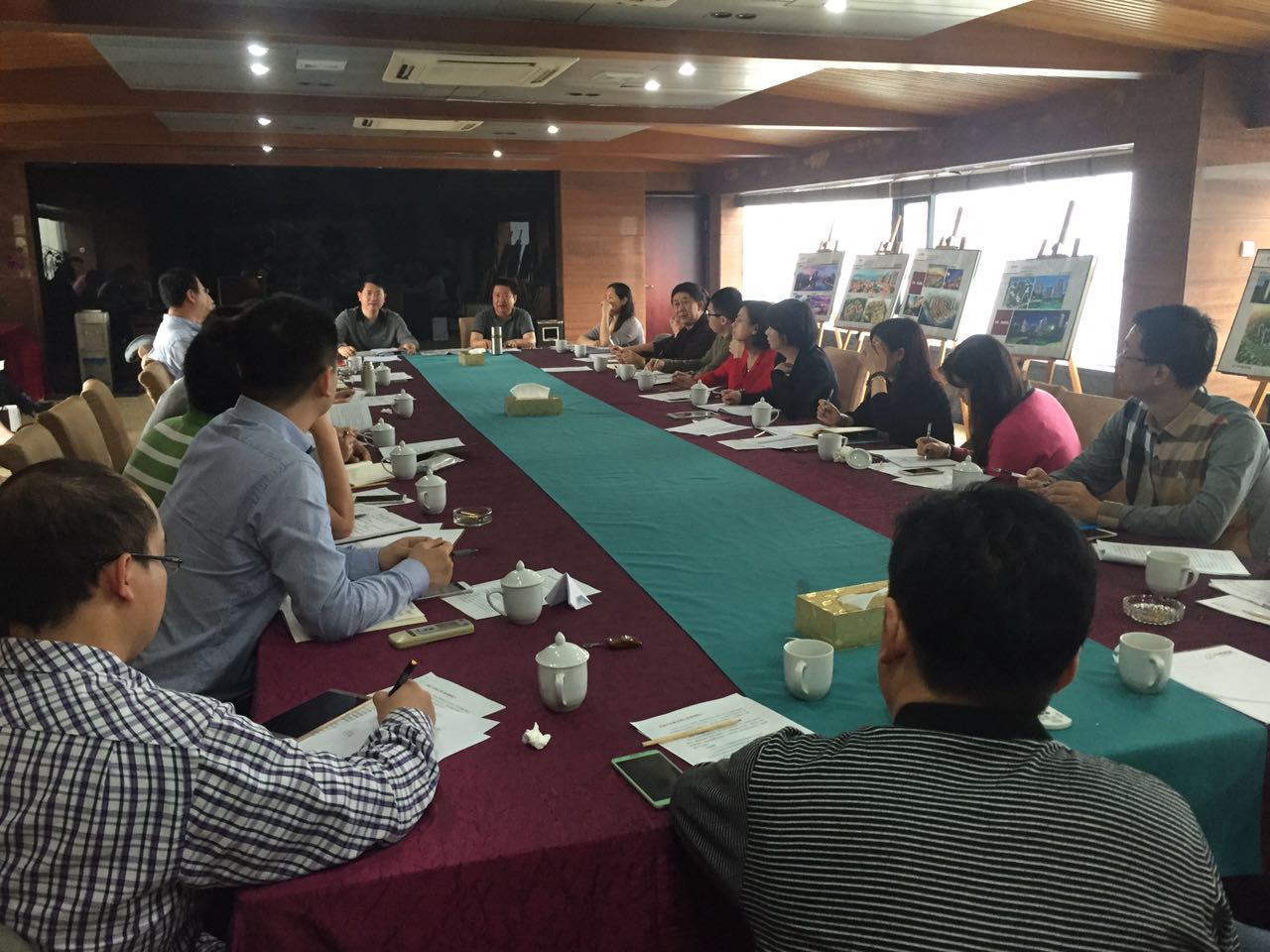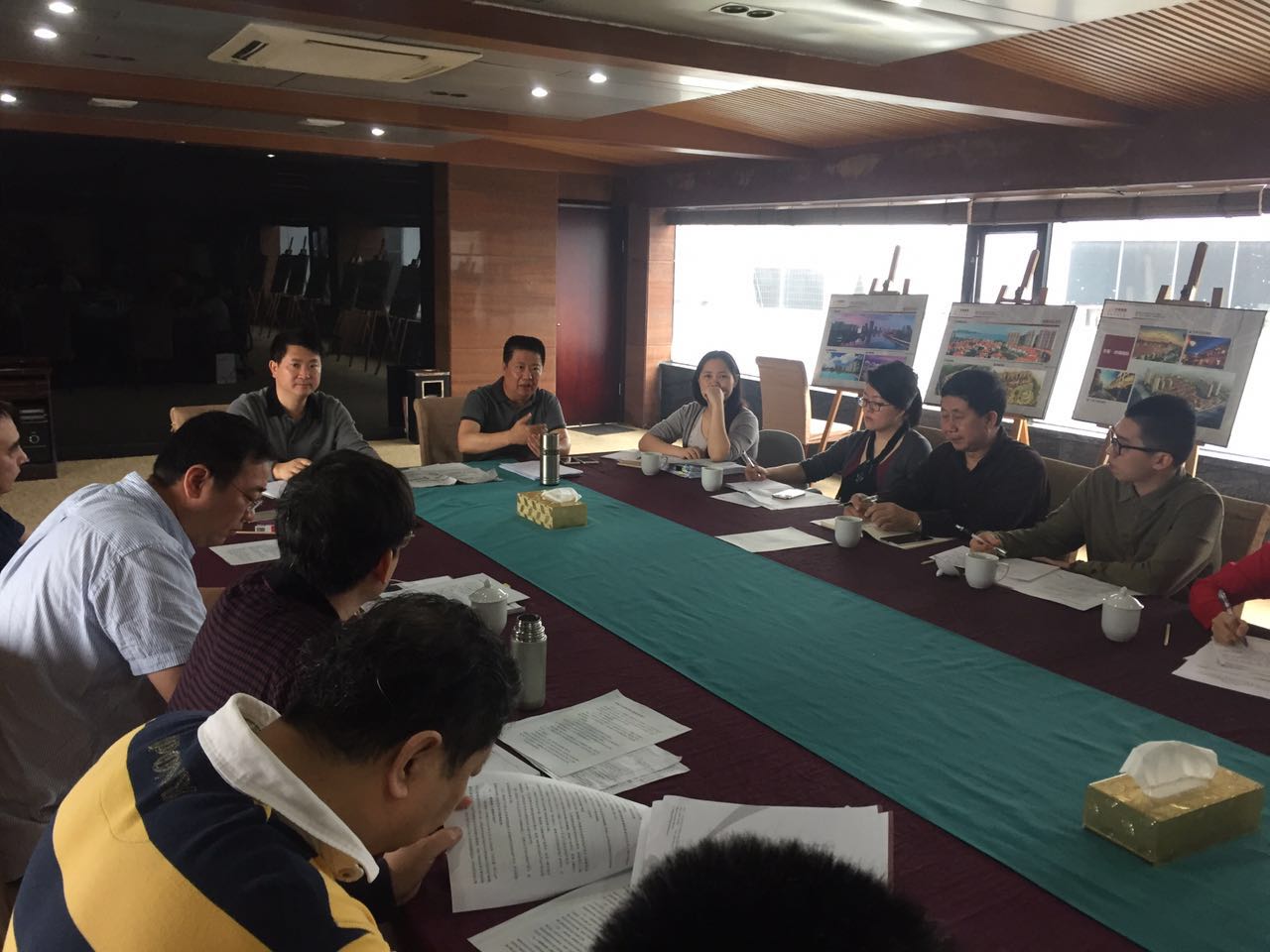In order to make active preparations for the "shift from business tax to value-added tax" of the group and effectively guard against tax risks, on April 13, 2016, the group convened a special session on issues regarding the shift from business tax to value-added tax in the real estate industry. The session studied the key points of policies for real estate industry in the Circular on Fully Launching Piloting Shift from Business Tax to Value-added Tax (CS2016 No. 36) released by the Ministry of Finance and the State Administration for Taxation on March 23 and discussed related problems and countermeasures.
The session issued a Brief Introduction to Key Policies on Tax Reform of Real Estate Industry. The document sorted out and summarized the main contents of the Circular involving the real estate industry, to make it convenient for the attendees to study and understand the key points of the policy. Yang Jiaqiong, financial supervisor of the group adjusted related work of each project of the group under the current stage in accordance with the Circular. Yang pointed out, with the release of the "tax reform" policy, it will exert a series of influences on the group in areas ranging from contract management to project management, tax management and accounting, for which we must be prepared in advance so as to cope with the influences. After the session, persons in charge of each project and accountants of the group should study the policy, propose specific work adjustment scheme and coordinate with the engineering department. Each department should gather up the current problems targeting the new policy, follow them up in time to guarantee that work goes on smoothly.
Attendees spoke actively and made a detailed analysis of the attention paid to the "tax reform" policy, prediction of tax burden changes of their companies and departments after the implementation of "tax reform" policy, and influences of the "tax reform" policy on the real estate industry. They also raised problems and put forward suggestions for the group to cope with the tax reform.
The session was presided over by Yang Jiaqiong, financial supervisor of the group, which was attended by around 30 people, including Yu Daoqun, president of the group, Yang Liangkun, executive deputy general manager, principals of the financial department, the auditing department, the cost control center, marketing & planning center, each project company and accounting supervisor.



